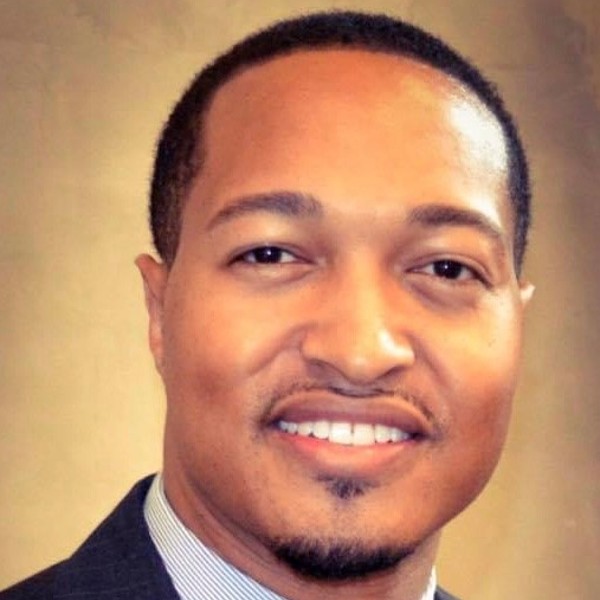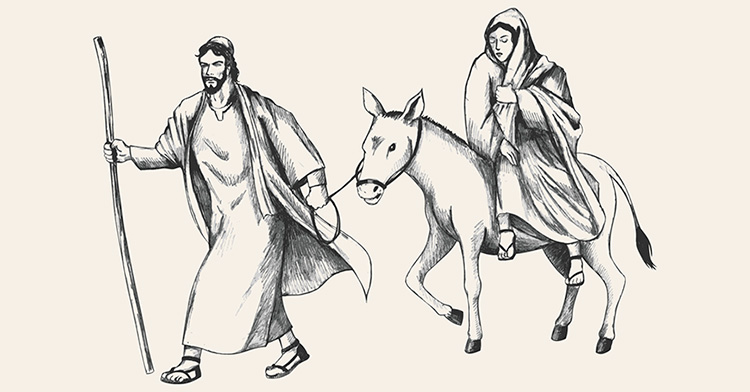Imagine a faith-rooted social entrepreneur beginning a mobile pop-up play space for children and families in her community. Every weekend, she and her team would pack up a trailer full of enormous blue foam blocks, refrigerator boxes, hula hoops, and a chest of costumes that would make a New York City theater jealous. Then, they would show up to love and serve their neighbors.
The original goal of WonderSpace was to come alongside churches, schools, and other local community groups and nonprofits working with children and families in Grant County, Indiana. The first six months of their ministry came with tremendous success and a growing list of places wanting to hire them to come to their spaces.
And then the Department of Child Services showed up.
The ministry leaders’ minds raced. What could they have done wrong? They texted their lawyer to be on standby. They took deep breaths to steady themselves for a conversation they were certain would shut them down. They listened carefully as the caseworker explained what she had witnessed.
Because of the pop-up nature of WonderSpace, showing up in a variety of locations across the city, their events were identified as accessible, neutral spaces for parents who had been separated from their children to have supervised visits. The reunited families could gather to play under the watchful yet inconspicuous eye of a case worker. Relationships between families and the agency can be inherently fraught, but visitation in the play space pop-ups felt less contrived, as adults and children alike could relax into their surroundings and be present to one another.
The ministry gained a critical new partner that day, as well as a strategy to work with a fragile and needful customer base they never imagined serving. They began working with Child Services to schedule pop-up play events in areas with a concentration of families needing a neutral and hopeful place to reunite for a few hours. The leaders had worked hard to develop a reputation of fun, creativity, imagination and wonder, so there was no stigma attached to anyone wanting to attend their events.
The play space ministry and the church have much in common in this holiday season.
They both hold a true superpower in today’s divided and fractured climate — both the play space and the church hold the power to convene people. They put out an invitation, and people show up, regulars and those who walk through the doors only once or twice a year. All are welcome, even if they have never come before.
Both the play space and the church spark imagination and help people focus on what is possible in what may feel like impossible situations.
The play space creates the conditions for children and adults alike to pretend they are anyone they want to be — people, animals, feelings, wholly imaginary characters. The children who will return home with their parents and those who will leave with another caregiver all have the chance to make memories, recall playtimes of the past, and hope for new and better seasons when they are next together.
The church invites people into the magical stories of a virgin birth, the magi from afar, and a stable-born baby who is the Son of God. We must suspend some sense of reality to immerse ourselves in these stories — to imagine what could have been and dream of what is to come.
Both the play space and the church are places in which what happens before and after their main events is often much more important and impactful than what happens during their programmed gathering hours. With today’s overscheduled lifestyles, making a commitment to take part in an activity is indicative of a family’s priorities. Whether it is a church or a play space, people plan to gather there because they have expectations to be met when they arrive.
Some may be searching for family, friends, tradition, new ways of seeing and being in the world, hope, joy, forgiveness, or simply a pause from all the other details falling further and further down their overwhelming to-do lists. Providing the space for people to find all of this is a privilege. It is the honor of convening people.
Ultimately, both places are incubators where unlikely partnerships can forge new ministries, friendships, opportunities and collaborations. The play space found a critical new ministry partner in the Department of Child Services by listening well and responding to a need in their community.
In the Christmas story, Mary and Joseph may rightly have been suspicious of the magi traveling to pay homage to their newborn son. Indeed, the visitors had been sent by King Herod, who secretly wanted to kill Jesus. But accepting them into part of their story, and listening to the angel’s caution that followed, likely saved their lives.
Whose are the voices and what are the suggestions, opinions and critiques that will show up in your seasonal services, offerings and events? If they come from major donors or committed volunteers, you may be tempted to give them more credence than those coming from people you rarely see, or would honestly rather not see. But what if an unexpected visitor brings a new idea, a lucrative partnership or an invitation to see your ministry in a different way?
While I doubt Child Services or magi will show up at most of our holiday gatherings, others who activate both positive and negative deep feelings and responses within us will. It is what happens when we lean into the privilege of convening people.
Can we open our imaginations to what or whom the moment needs, even if we haven’t recognized it yet? What if we give ourselves over to the wonder of choirs of angels singing in the sky, a king born in a manger and magi bypassing a murderous monarch? What if we listen to the voices of the unexpected and sometimes undesired visitors who show up when we say, “All are welcome”?
We may just find that they lead us to a path greater than we could imagine.
They both hold a true superpower in today’s divided and fractured climate — both the play space and the church hold the power to convene people.














